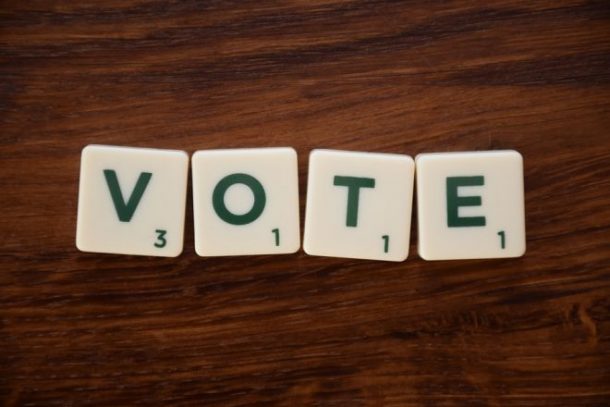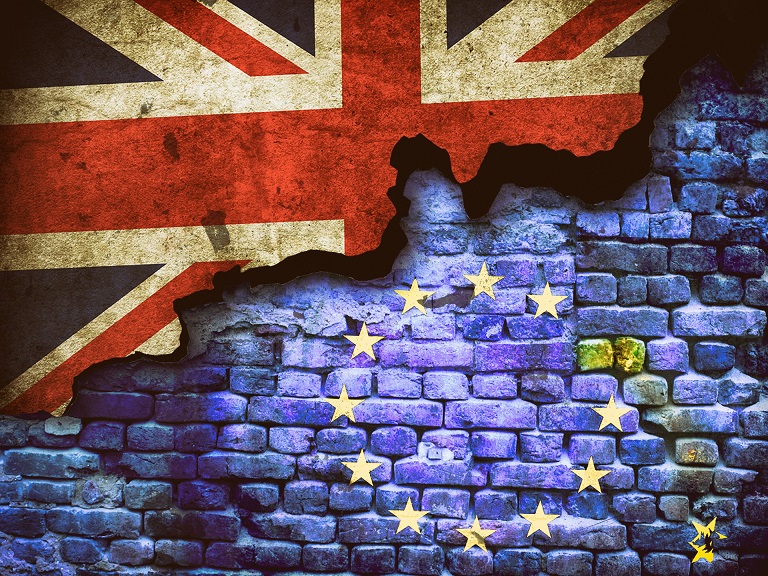Voting is a fundamental right and an essential aspect of democracy. For Latin Americans living in the United Kingdom, voting is not only a right but a responsibility and an opportunity to participate in the decision-making process affecting their lives, families, and communities.
Jacobo Belilty*
With the new voter ID and the Elections Act 2022, it will be vital that Latin Americans remain active and ensure they can continue to exercise their right to suffrage.
As the second fastest-growing migrant group at an estimated 280,000 people, and the eighth largest non-EU migrant population in London, Latin Americans represent one of the communities most likely to be disproportionately affected by this new legislation change and risk becoming disenfranchised. Despite the community’s growth, Latin Americans are still vastly under-represented and under-registered in public institutions.
For instance, a study on the impact of Covid-19 on Latin Americans found that only 1 in 7 were registered with the National Health Service. With recent polling by the Greater London Authority and YouGov showing that nearly a third of Black and ‘other/mixed’ Londoners are the least aware (27%) of the requirement, one might expect that Latin Americans will find it harder to be informed about this change, especially as they are less visible to public institutions.
The Elections Act 2022
Following the Elections Act 2022, the UK Government introduced a new requirement for voters to show an accepted form of photo identification to exercise their right to vote at a polling station.
 From 4 May 2023, voters in England will need to show a photo ID in most instances of voting, including UK parliamentary elections and by-elections, local elections, and Police and Crime Commissioner elections.
From 4 May 2023, voters in England will need to show a photo ID in most instances of voting, including UK parliamentary elections and by-elections, local elections, and Police and Crime Commissioner elections.
As there are no elections in London in 2023, the first elections to use photo voter IDs in London will be in May 2024 unless there is a general election after October this year.
But not all forms of ID will be accepted – and not everyone will remain eligible to vote.
The Government published a list of acceptable forms of photo ID that you can present at the polling station. At the basic level, this includes a UK passport or driving licence or a passport from a country in the European Economic Area (EEA) or the Commonwealth.
For those needing an accepted form of photo ID, the Government has also created a Voter Authority Certificate that you can apply for via their website before elections.
Based on the above requirements, the question emerges about who is directly affected by this change. If I am a Latin American in the UK, why should I care if I am not eligible to vote?
Voter ID and Latin American migrants
The Elections Act 2022 is the most significant change in the law on democratic rights in the history of Great Britain, yet 6 in 10 Londoners are unaware of this change. The most affected groups are migrants, LGBTQ+ people, and young and older people.
 While one might initially think that Latin American nationalities do not hold a right to vote, research by Queen Mary University of London has shown that as many as nine out of ten Latin Americans hold either a British or an EU passport, which effectively enables them to vote.
While one might initially think that Latin American nationalities do not hold a right to vote, research by Queen Mary University of London has shown that as many as nine out of ten Latin Americans hold either a British or an EU passport, which effectively enables them to vote.
Indeed, Latin Americans with dual nationality from the European Union have been able to vote regularly in local elections for the past decades. But this is about to change.
Not only would they need to show an approved form of ID at the polling station, but Latin Americans would need to be part of the European Union Settlement Scheme (EUSS) – set up as a response to Britain exiting the European Union. If they do not secure resident status under the scheme, some risk losing the right to live and work in the country.
As it stands, EU citizens residing in England are able to vote in local elections such as London borough council elections and the London Assembly elections.
Now, as a result of the Elections Act (2022), some EU those who belong to the EU could lose their voting rights, either due to falling outside the EUSS, by having arrived after the EU Withdrawal Agreement Implementation Period (up until 1 January 2021) or because their country has not negotiated an agreement with the UK government to allow citizens living in the UK to vote.
It will be vital that Latin Americans who have the right to vote – such as the ‘first-generation locals’ born and raised in Britain with a Latin American heritage – understand the importance of this right and how they can continue to exercise it.
 This young generation of Latin Americans will be key to looking out for all migrants and other Latin Americans in the UK who, in potentially losing their suffrage, will need a vehicle for their collective voices.
This young generation of Latin Americans will be key to looking out for all migrants and other Latin Americans in the UK who, in potentially losing their suffrage, will need a vehicle for their collective voices.
Civic and democratic participation
By voting in elections, Latin Americans can positively influence key aspects of their daily lives, such as transportation, education, arts and culture, policing, housing and other council services. They also get to elect representatives who understand their needs and concerns and can work to address them.
But voting is not the be-all and end-all of civic and democratic participation. Alongside voting, there are many ways to remain engaged. This means that there is still opportunity for those who cannot vote. In fact, Latin Americans have consistently shown how to earn the rights they deserve – simply by organizing themselves as a community since the first waves of migration.
Since the 1980s, Latin Americans have set up grassroots organizations in the UK that provide key services for the community. Some of these organizations are part of the Coalition of Latin Americans in the UK (CLAUK) – an equity-led group of Latin American migrant organizations carrying out pioneering work to raise awareness and understanding of the issues faced by the community in the UK
As an example of grassroots organizing, CLAUK has actively sought to promote civic and democratic participation of Latin Americans living in the UK since its inception in 2012. Efforts have been made to encourage engagement with elections, as well as campaigning for positive change in the most urgent areas. This includes access to healthcare, education and to achieve the recognition of Latin Americans as an ethnic minority.
 As a result of the latter, Latin Americans have been officially recognised as an ethnic group by the London Boroughs of Southwark, Lambeth, Islington, and Hackney, at the London level by the Greater London Authority, and at the national level by various organisations and institutions such as Arts Council England and Unison. Campaigning, in this case, a key non-voting civic and democratic activity, has brought significant changes for local communities, fostering the inclusion of Latin Americans at all levels, from access to services to political representation.
As a result of the latter, Latin Americans have been officially recognised as an ethnic group by the London Boroughs of Southwark, Lambeth, Islington, and Hackney, at the London level by the Greater London Authority, and at the national level by various organisations and institutions such as Arts Council England and Unison. Campaigning, in this case, a key non-voting civic and democratic activity, has brought significant changes for local communities, fostering the inclusion of Latin Americans at all levels, from access to services to political representation.
Although civic and democratic participation goes beyond voting, and it is essential to remain engaged widely, voting is a hard-earned right that Latin Americans should not lose. Latin Americans are already disproportionately affected by the complex realities of the UK and losing the vote will mean losing valuable space to make their voices heard. For this reason, ensure you have an adequate form of identification to show at the poll stations next May 2023, and through to 2024 elections.
*Jacobo Belilty: Coordinator of Coalition of Latin Americans in the UK (CLAUK).
(Photos: Pixabay)












.jpg)












